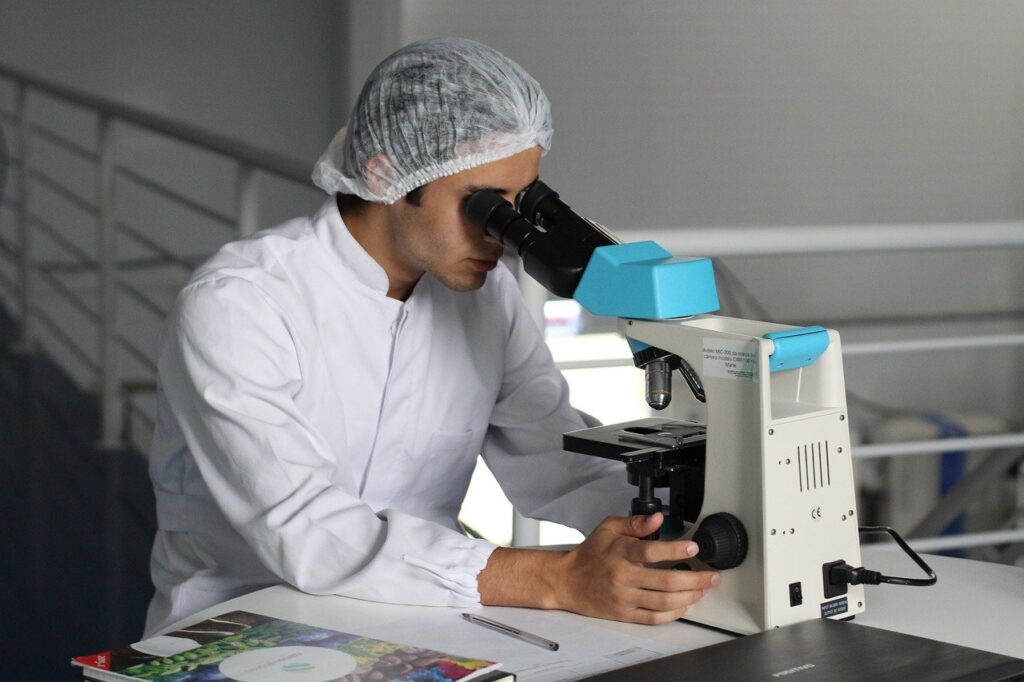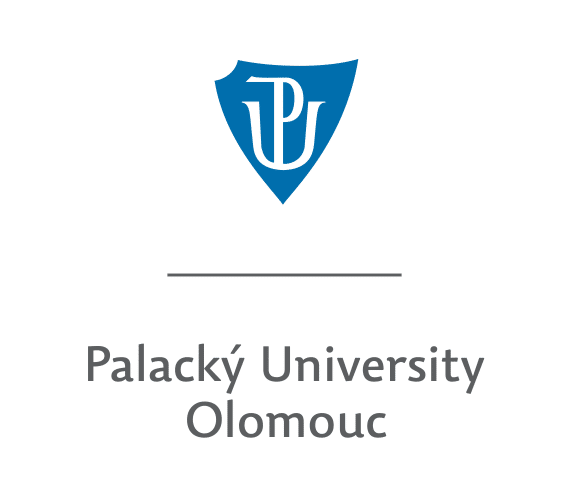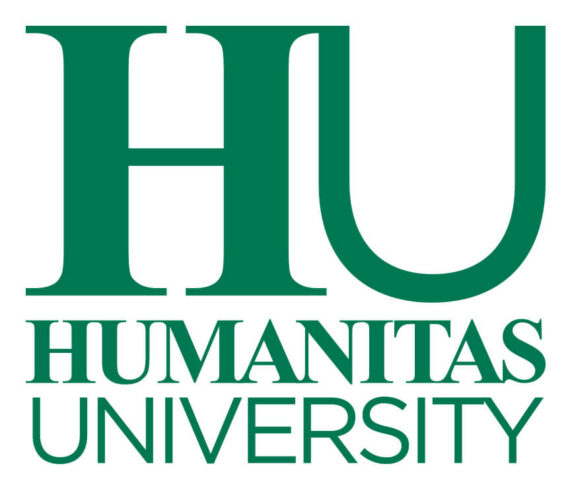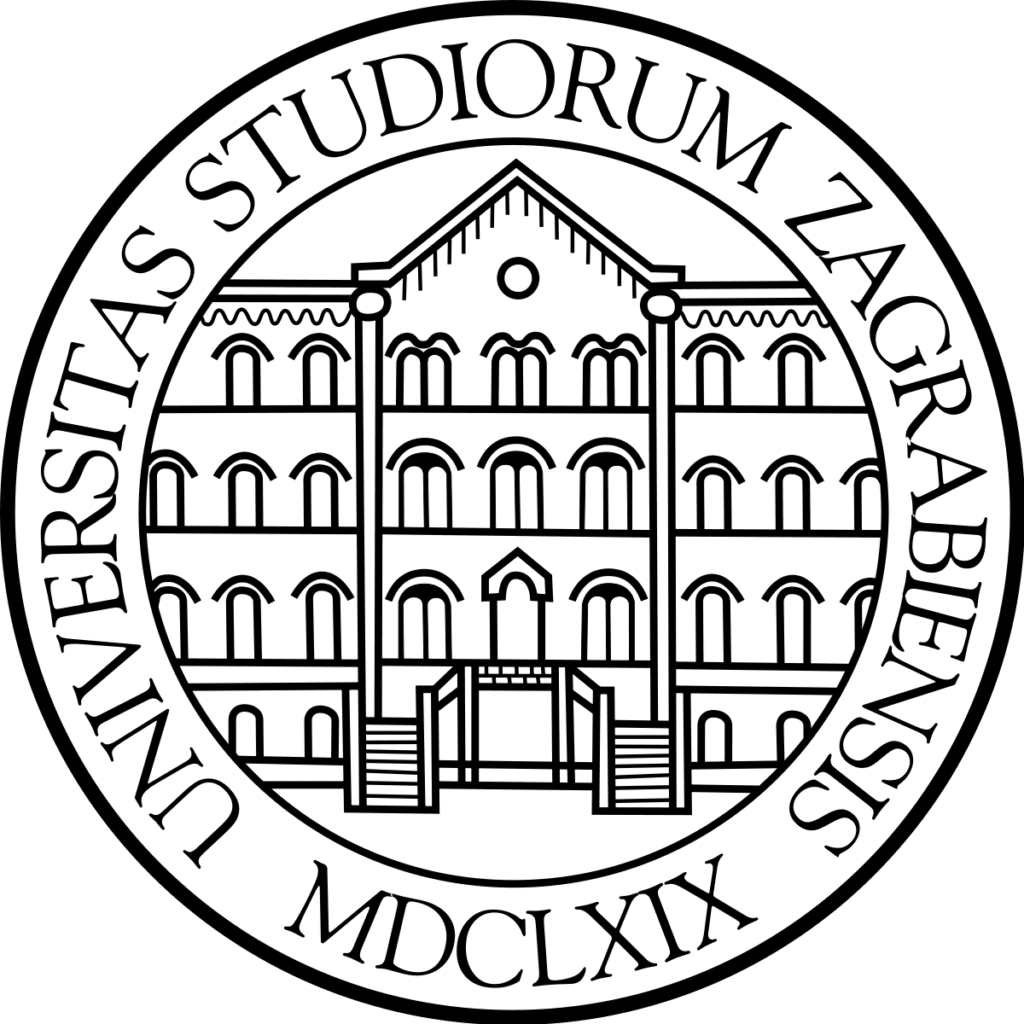United States Medical License Examination
What is the USMLE?

Introduction
USMLE
USMLE (United States Medical Licensing Examination) is a three part exam required from any doctor wanting to practice medicine in the USA.
The USMLE is supported by the FSMB (Federation of State Medical Board) and NBME (National Board of Medical Examiners).
Medical Physicians can only be licensed doctors in the US post completion of the USMLE.
All three stages of the exam correlate to each other. Doctors are licensed once they complete all three stages.
Steps 1 and 2 are can be taken prior to graduation and the Step 3 test upon receiving your medical degree.
Step 1 overview
USMLE Step 1
- Assessing and understanding basic concepts of medicine.
- Emphasising the importance of health disease and therapy.
- Ensuring the provision for safe medical practice as well as scientific principles.
- Analysis of systems and processes in the medical field.
- One day examination including one hour blocks and eight hour testing sessions.

Step 2 overview
USMLE Step 2
- Assessment of medical knowledge application.
- Understanding clinical science and emphasis on health promotion and disease prevention.
- Underlying principles of clinical sciences and provisional foundation for medical
- Concentration on physician tasks and disease category.
- One day examination divided into eight one-hour blocks with nine-hour testing sessions.
Our USMLE Courses Are Trusted and Used By:



USMLE: United States Medical Licensing Examination
What are the steps in USMLE?
What is the USMLE exam? It comprises three steps: Step 1, Step 2, further divided into Step 2 CK – Clinical Knowledge, after which there is Step 3. Every step has been prepared to measure the competencies needed in the profession of medicine.
- Step 1 test assesses the examinee’s ability to understand and apply important concepts of the sciences basic to the practice of medicine, with special emphasis on principles of health, disease, and modes of therapy. A day’s length is close to 8 hours of actual test-taking time. The actual test constitutes multiple-choice questions done in one-hour blocks.
- Step 2 CK (Clinical Knowledge) is focused on the examinee’s ability to apply medical knowledge and clinical science regarding patient care. This test of competence involves very intensive medical management in terms of diagnosis and course of illness but pays very strict attention to the promotion of health and prevention of disease. This is a one-day examination again, but a bit longer than Step 1; it goes up to nine hours, divided into multiple one-hour blocks.
- The third and final examination of the USMLE, Step 3, examines the ability of the physician to practice the profession alone. This tests the management of the patient in an ambulatory setting, whether the appropriate decision making is done, and the physician’s ability to judge acceptable management of patients with a variety of clinical scenarios. This is a test of two days duration and is generally used after the medical schools are complete.
How long is the USMLE?
The format and length must be considered during each testing step of the USMLE:
- Step 1: An eight hours long one-day examination, given in seven one-hour blocks, consisting of approximately 308 multiple-choice questions.
- Step 2 CK: Also a one-day test, but this is much longer, at nine hours with eight blocks of questions.
- Step 3: This includes a two-day exam. The first day is pretty close in structure to Step 1 and Step 2 CK, with multiple-choice questions; the second day consists of computer-based case simulations, which are used for testing the candidate’s knowledge of clinical judgment and his or her capacity to help care for a patient.
What is the USMLE – USMLE Course Options
The USMLE course supports the preparation of medical students who are due to sit for the exam. These are structured in a way that the students are guided appropriately across any materials involved in these exams. Normally, such a USMLE course comes with structured lessons, practice questions, and mock tests to give you an experience of the real test.
Choosing a good USMLE course is a key to success. As a rule, the best USMLE course will have a syllabus well covered—not in every related subject, nor at unlimited depth, but just on high-yield topics, subjects that frequently appear on the test. Rather often, these courses provide additional tools: video lectures, study schedules, or interactive question banks that will chart the student’s progress and identify those areas that need further review.
